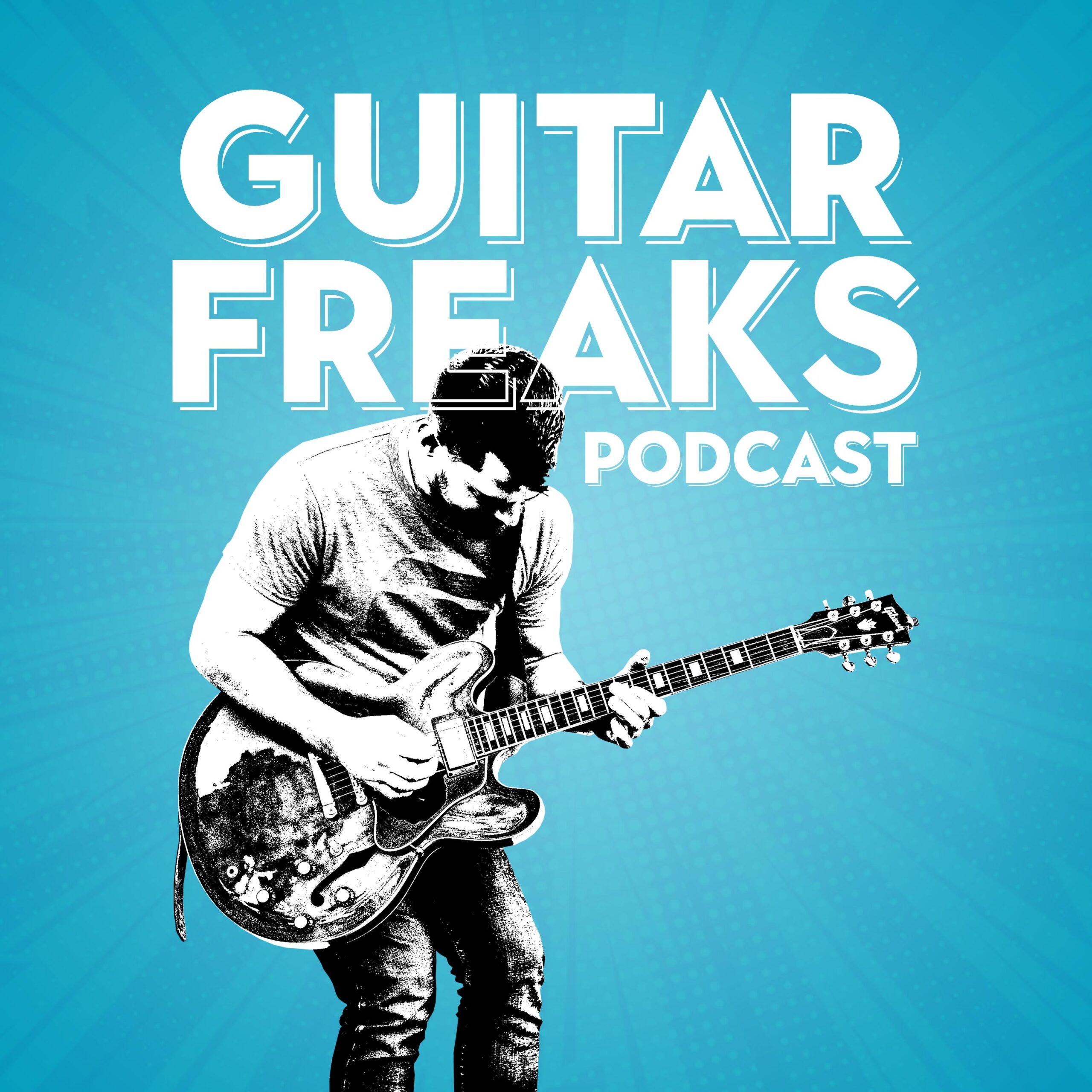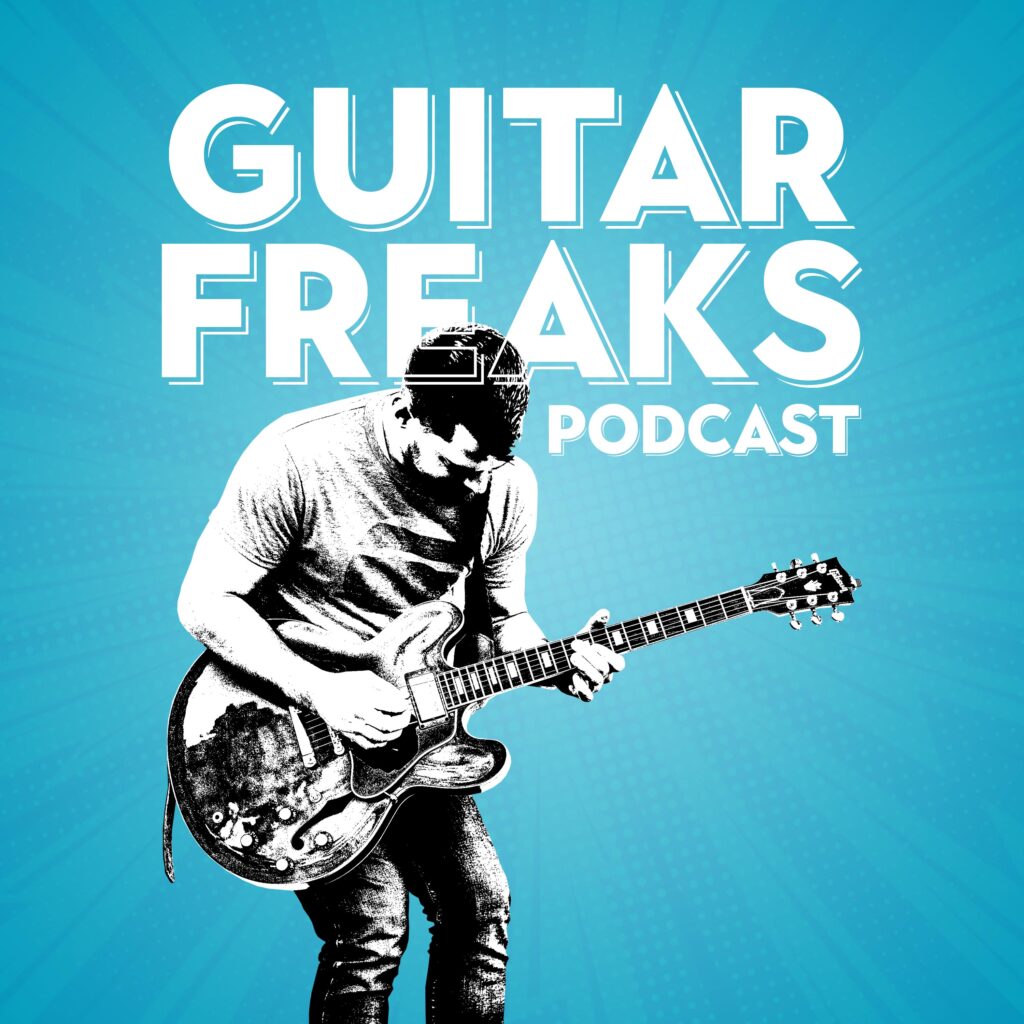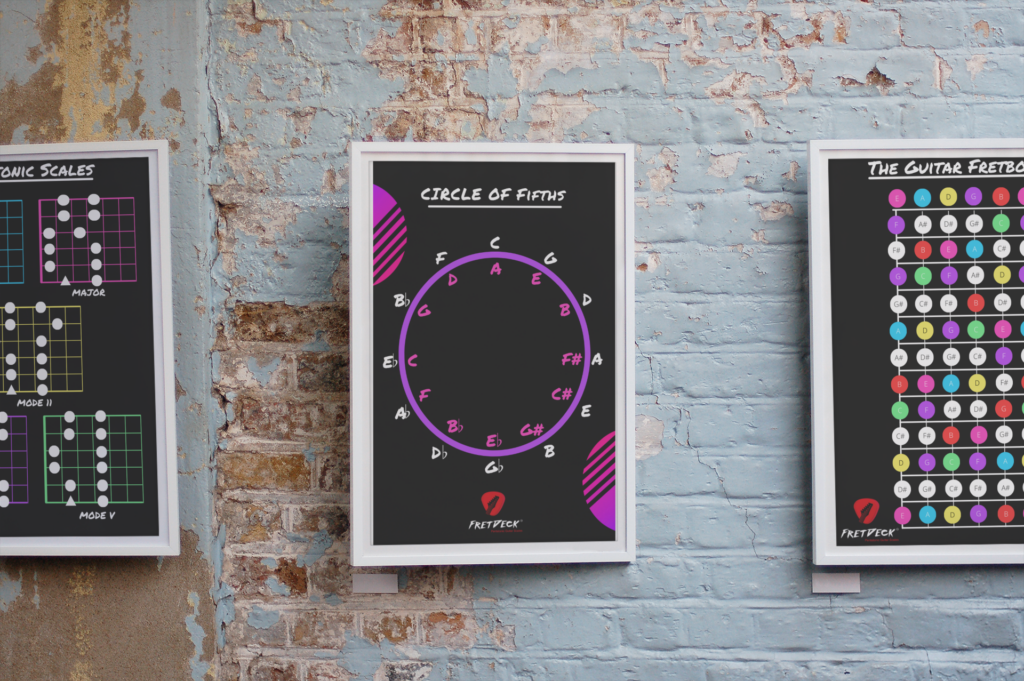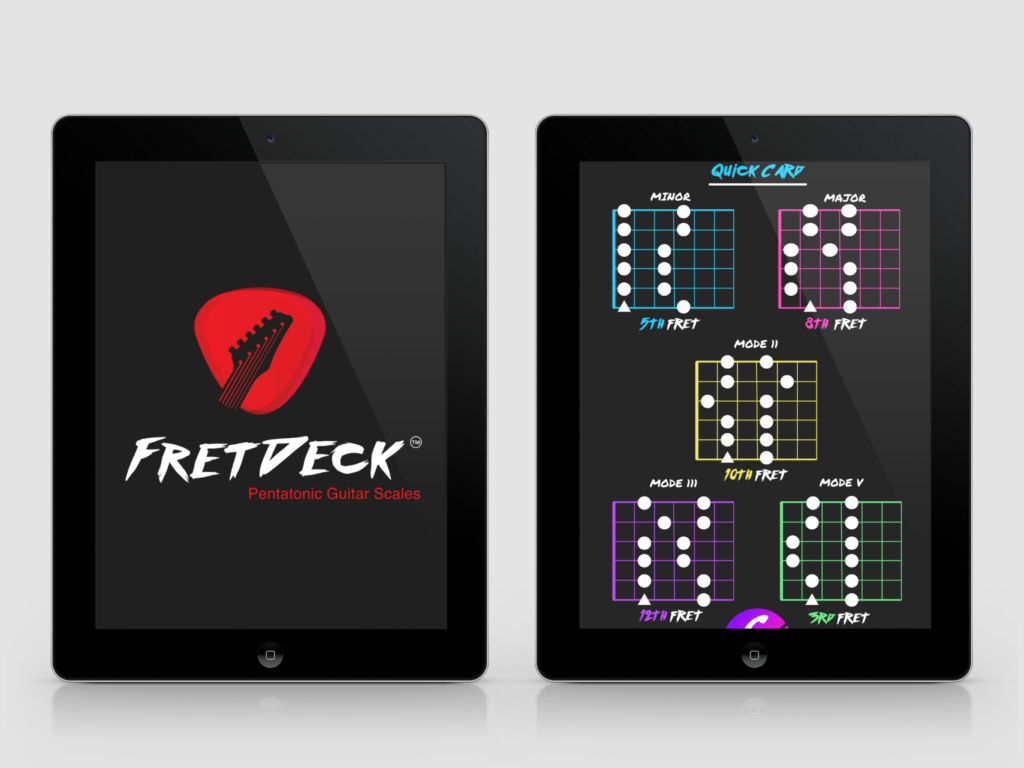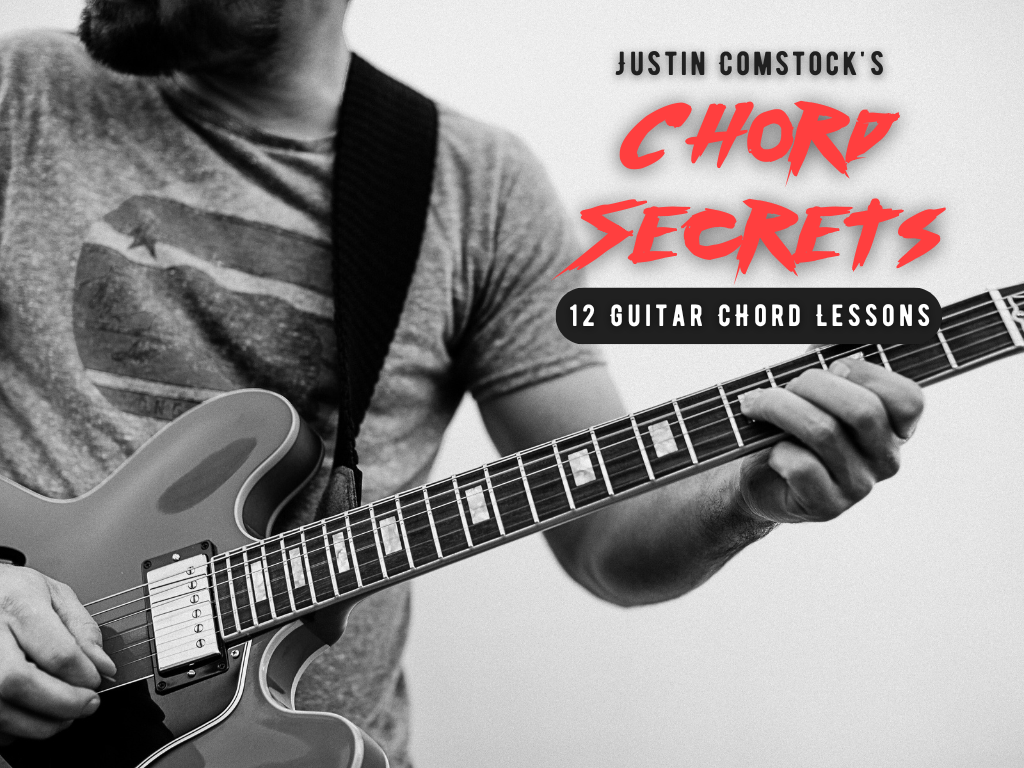Introduction: Setting the Right Foundation
Learning guitar is an incredible journey. The first time you strum a chord, nail a riff, or play along with your favorite song feels like magic. But the early stages of learning can also be filled with frustration. Mistakes are inevitable, but some can become roadblocks if left unchecked. check out our guitar tips for beginners.
This article focuses on guitar tips for beginners to help you avoid seven common mistakes. From posture to practice routines, rhythm to chord transitions, these insights will save you time, energy, and a lot of frustration. Think of this guide as your guitar-playing compass—it’ll keep you on the right path as you develop your skills and confidence.
So grab your guitar, tune up, and let’s dive into the mistakes and how to avoid them.
1. Skipping Proper Posture (guitar tips for beginners)
Why It’s a Problem
Good posture is the foundation of good technique. Beginners often ignore posture, assuming they can just “play however feels comfortable.” Unfortunately, this leads to tension, discomfort, and bad habits that are hard to correct later. Over time, improper posture can even cause wrist or shoulder pain, making it harder to play.
How to Fix It
Here are some guitar tips for beginners to ensure you’re sitting and holding your guitar correctly:
- Sit Up Straight: Use a chair with a straight back, or a stool with no arms. Slouching makes it harder to see your fretboard and restricts your movement.
- Guitar Placement: Rest the guitar on your dominant leg (if you’re using standard posture) or on your non-dominant leg (classical posture) for extra stability.
- Left-Hand Position: Your thumb should stay behind the neck, roughly opposite your middle finger. Avoid wrapping your thumb around the neck unless you’re playing specific styles like blues or Hendrix-style thumb chords.
- Relax Your Body: Keep your shoulders, wrists, and fingers relaxed. Tension anywhere in your body affects your playing.
Pro Tip
Practice in front of a mirror to check your posture. It’s easier to spot slouching, awkward wrist angles, or bad habits when you can see yourself.
Want more details? Check out our guide on How to Hold a Guitar Properly.
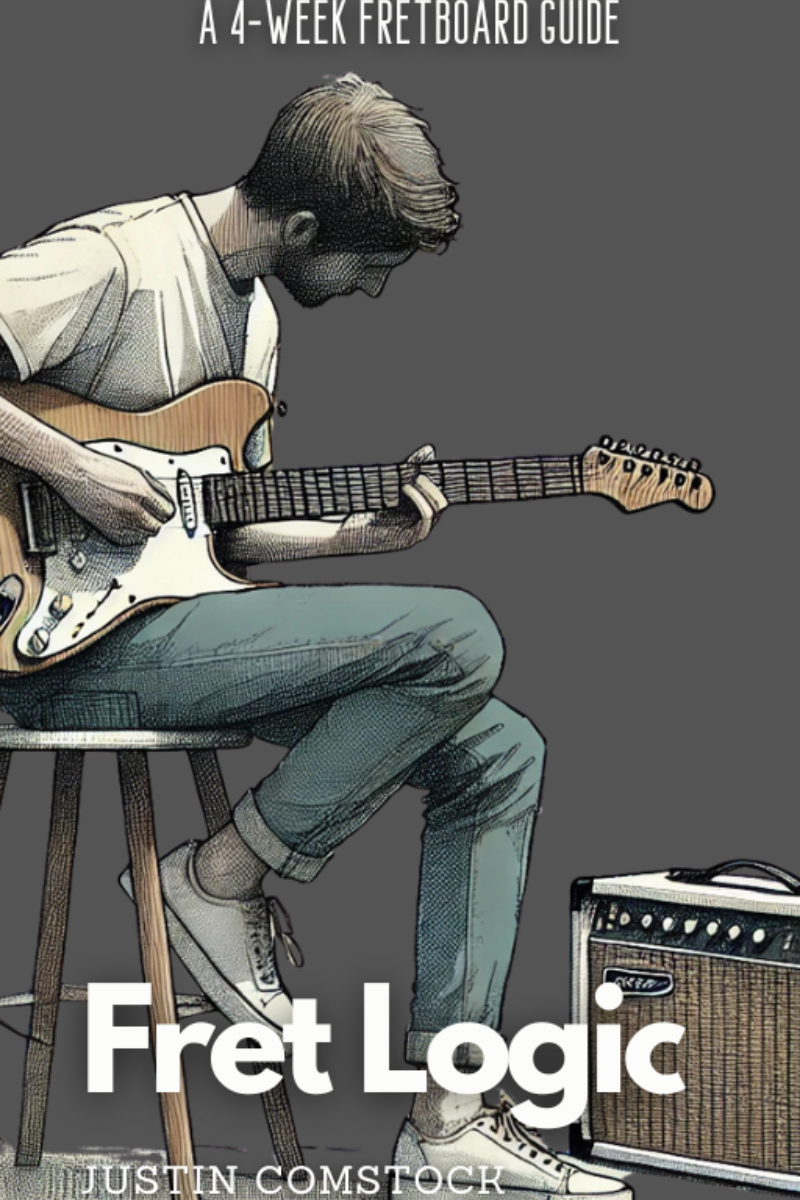
Join Guitar Freaks Hangout on Discord! 🎸
Get Fret Logic FREE!
Join the Guitar Freaks Hangout Discord and get exclusive access to my entire e-book, Fret Logic! Master the fretboard and elevate your solos with this comprehensive guide.
👉 Don’t miss out—join now and download your free copy!
2. Ignoring Consistent Practice (guitar tips for beginners)
Why It’s a Problem
Inconsistent practice is one of the biggest reasons beginners give up on guitar. Practicing sporadically—say, once or twice a week—makes it harder to build muscle memory and momentum. Without regular practice, you might feel like you’re not improving, which can be discouraging.
How to Fix It
- Set a Schedule: Commit to practicing daily, even if it’s just 10–15 minutes. Consistency is far more important than the length of each session.
- Divide Your Time: Break your practice into sections, like warm-ups, chord transitions, scales, and learning songs.
- Use a Timer: Spend focused chunks of time on specific skills—5 minutes on chord changes, 10 minutes on scales, etc.
Pro Tip
Track your progress in a practice journal or app. Seeing improvements over time—like smoother chord transitions or faster scales—keeps you motivated.
For more tips, read How to Practice Guitar Effectively as a Beginner.
3. Over-Reliance on Tabs (guitar tips for beginners)
Why It’s a Problem
Tabs are a fantastic tool, especially for beginners, but relying solely on them has downsides. Tabs show you what to play but not why you’re playing it. This can hinder your understanding of music and limit your ability to play by ear or improvise.
How to Fix It
- Learn the Basics of Music Theory: Start small. For example, understand how major and minor chords are built, or learn the pentatonic scale.
- Play by Ear: Try figuring out simple riffs or melodies without looking at tabs. Songs like “Smoke on the Water” or “Seven Nation Army” are great for this.
- Combine Tabs and Theory: When learning a song, look at the chord progression and think about how it relates to the melody or riff.
Pro Tip
Experiment with transposing tabs into different keys. For instance, take a riff in E minor and try it in A minor. This is a fun way to blend theory with creativity.
4. Neglecting Rhythm and Timing
Why It’s a Problem
It’s easy to focus on hitting the right notes while ignoring rhythm and timing. The result? Your playing sounds mechanical or out of sync when jamming with others.
How to Fix It
- Use a Metronome: Practice scales, strumming patterns, or riffs with a metronome. Start slow and gradually increase the speed.
- Clap Out Rhythms: Before playing a song, clap along to the rhythm. This helps you internalize the beat.
- Play Along with Tracks: Backing tracks are a fun way to develop a sense of timing and feel.

Join Guitar Freaks Hangout on Discord! 🎸
Get Fret Logic FREE!
Join the Guitar Freaks Hangout Discord and get exclusive access to my entire e-book, Fret Logic! Master the fretboard and elevate your solos with this comprehensive guide.
👉 Don’t miss out—join now and download your free copy!
Pro Tip
Practice strumming with muted strings while focusing entirely on your rhythm hand. This helps lock in your timing without worrying about hitting the right chords.
For rhythm-focused tips, check out Mastering Rhythm Guitar Basics.
5. Not Mastering Chord Transitions (guitar tips for beginners)
Why It’s a Problem
Chord transitions are a major hurdle for beginners. Moving between chords too slowly or hesitating disrupts your rhythm and makes songs sound choppy.
How to Fix It
- Focus on Two Chords at a Time: For example, practice switching between G and C until it feels natural.
- Use Anchor Fingers: Many chords share common finger positions. For example, your ring finger stays in the same place when transitioning between G and D.
- Slow Down: Play the changes slowly and increase speed as you improve.
Pro Tip
Practice progressions like G-C-D-Em, which appear in countless songs. These transitions build confidence and improve fluidity.
Our Beginner Guitar Chords Guide offers step-by-step instructions.
6. Avoiding Barre Chords (guitar tips for beginners)
Why It’s a Problem
Barre chords are tough for beginners, no doubt. But avoiding them entirely limits your ability to play certain songs or explore new styles.
How to Fix It
- Start Small: Practice partial barre chords, like barring just the top three strings.
- Strengthen Your Hands: Use finger exercises, like squeezing a stress ball, to build strength and dexterity.
- Adjust Thumb Placement: Keeping your thumb low on the back of the neck gives you better leverage.
Pro Tip
Practice barring across two or three strings before moving on to all six. This approach builds confidence and reduces frustration.
Read more in How to Master Barre Chords Without Frustration.
7. Comparing Yourself to Others
Why It’s a Problem
Watching more experienced players can inspire you, but it can also make you feel like you’re not progressing fast enough. This mindset often leads to frustration and burnout.
How to Fix It
- Set Personal Goals: Focus on small, achievable milestones. For example, learn a new chord or master the intro to your favorite song.
- Celebrate Your Progress: Record yourself regularly and listen back. It’s a great way to see how far you’ve come.
- Use Comparison as Inspiration: Instead of feeling discouraged, let others’ progress motivate you to improve.
Pro Tip
Remember, every guitarist you admire started as a beginner too. Focus on your journey, not theirs.
Conclusion: Embrace the Journey
Avoiding these seven common mistakes will save you time and frustration, setting you up for success. Learning guitar is a process, and mistakes are part of the journey. What matters is recognizing them and applying these guitar tips for beginners to correct your course.
With consistent practice, proper posture, and a focus on rhythm, chord transitions, and theory, you’ll build a solid foundation for a lifetime of playing.
Call to Action
🎸 Ready to take your playing to the next level? Join the Guitar Freaks Hangout on Discord to connect with other guitar enthusiasts. Share tips, progress, and advice in a supportive community of passionate players. Let’s jam together!
For a comprehensive guide on essential techniques to enhance your playing, check out our article on Top 10 Essential Guitar Techniques for Beginners. This resource covers fundamental skills that will help you build a solid foundation as a guitarist.

Join Guitar Freaks Hangout on Discord! 🎸
Get Fret Logic FREE!
Join the Guitar Freaks Hangout Discord and get exclusive access to my entire e-book, Fret Logic! Master the fretboard and elevate your solos with this comprehensive guide.
👉 Don’t miss out—join now and download your free copy!
